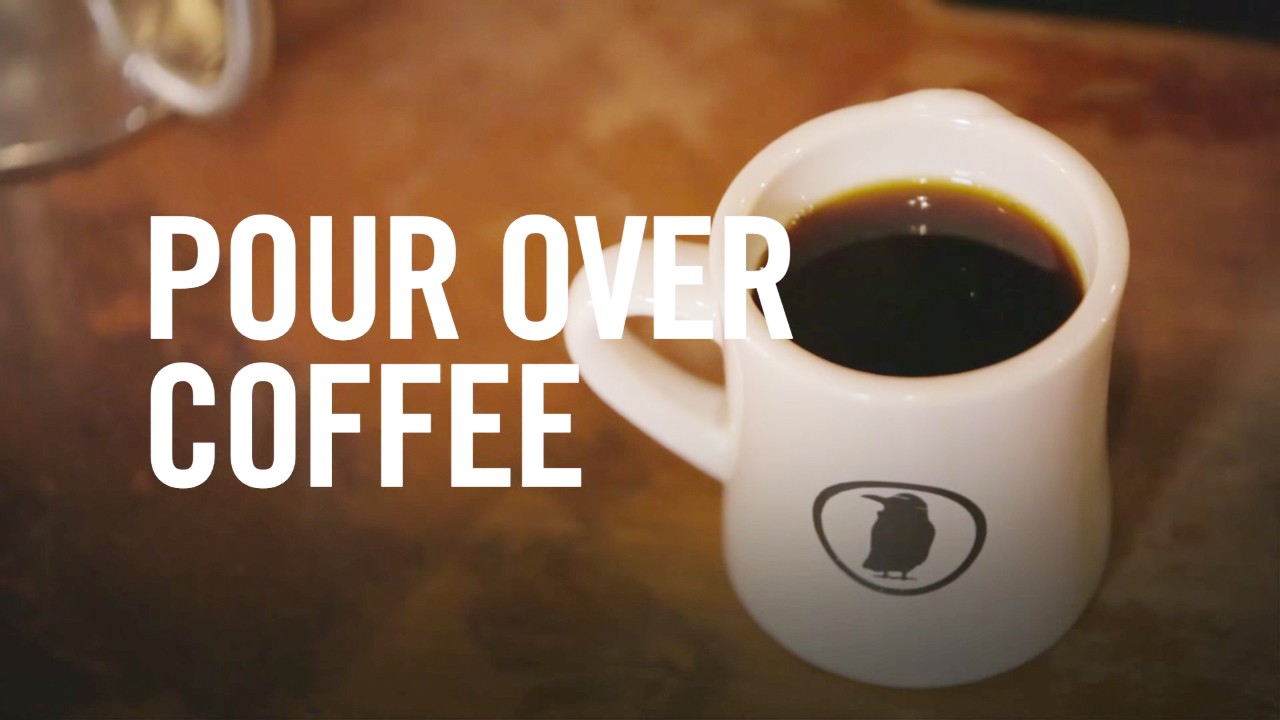Photo: Mongkol Nitirojsakul / EyeEm via Getty Images
In case of a no-deal Brexit, the Welsh National Health Service has loaded up on 22 literal tons of baked beans. There are other essentials, sure, like sugar, canned tomatoes, and medical supplies, but the presumption is that all those syrupy baked beans are vital to the country’s sustenance—and maybe even to its happiness.Switzerland, meanwhile, has been hoarding a different kind of bean. Between World War I and II, the country decided to stockpile unroasted coffee beans, the idea being that in case of a war or natural disaster, the Swiss could at the very least still be caffeinated. As Reuters reported yesterday, however, the Swiss government has decided that the country’s 15-ton stockpile is no longer necessary, since coffee is not an essential food group.“The Federal Office for National Economic Supply has concluded coffee … is not essential for life,” the government said. “Coffee has almost no calories and subsequently does not contribute, from the physiological perspective, to safeguarding nutrition.” Compared to other foods the nation stockpiles, like sugar and rice, they may have a point, but tell that to me on Monday morning before I have my first cup—and tell it to the Swiss, who drink about twice as much coffee per person than Americans. (That’s almost ten pounds per person per year… y’all OK over there?) Obviously, there’s been a little joking pushback from the social media crowd: “The Swiss have lost their minds,” wrote one user.
Compared to other foods the nation stockpiles, like sugar and rice, they may have a point, but tell that to me on Monday morning before I have my first cup—and tell it to the Swiss, who drink about twice as much coffee per person than Americans. (That’s almost ten pounds per person per year… y’all OK over there?) Obviously, there’s been a little joking pushback from the social media crowd: “The Swiss have lost their minds,” wrote one user.
Advertisement

The decision won’t be final until November, but the 15 companies in Switzerland currently required to stockpile beans, including Nestle, might have to continue doing so until 2022. According to Reservesuisse, a food oversight organization, 12 of them want to continue the current stockpile since they say it helps support the supply chain, which can be unpredictable.Of course, money motivates things too: The Swiss government currently reimburses coffee stockpilers by charging a fee on imported beans, but if the stockpile is no more, those imported beans might cost a little less than what’s already around.This might be OK. Chugging coffee definitely isn’t going to soothe my nerves when the end of the world comes.
